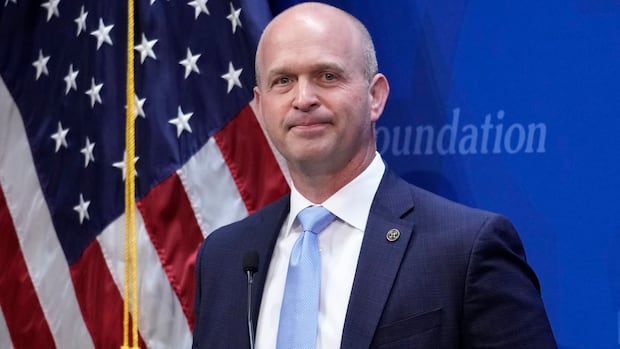U.S. Citizenship Test Changes: New Requirements and Increased Scrutiny
The U.S. government is implementing changes to the civics test required for American citizenship, marking the latest effort to tighten the legal immigration process. This involves reinstating a 2020 version of the test, adding more questions and increasing scrutiny of applicants. These changes impact those seeking to become U.S. citizens and are viewed by some as creating unnecessary hurdles for legal immigrants.
Reinstating the 2020 Civics Test
The move brings back a test introduced by the first Trump administration, which the Biden administration had previously scrapped. The argument against the 2020 test was that it placed undue barriers on legal immigrants aiming for citizenship. Legal immigrants must reside in the U.S. as lawful permanent residents for 3 to 5 years, demonstrate English proficiency, and possess a basic understanding of U.S. history and government to be eligible for citizenship.
Details of the Revised Civics Test
Under the new test, applicants will need to study 128 questions covering U.S. history and politics. They must answer 12 out of 20 questions correctly. This contrasts with the previous 2008 test, which required studying 100 questions and answering 6 out of 10 correctly. The test is administered orally and features open-ended questions. Failure results in a second attempt; further failure leads to application denial. Those 65 or older with 20+ years of permanent residency face a reduced question pool and can test in their preferred language.
Implementation and Content of the New Test
The updated test will apply to citizenship applications filed after mid-October, according to U.S. Citizenship and Immigration Services (USCIS). Some new questions focus on the 10th Amendment, the Federalist Papers, Dwight D. Eisenhower, Alexander Hamilton, James Madison, and American innovations. USCIS is also expanding factors considered when determining "good moral character," a requirement for citizenship, and reinstating "neighborhood checks" where government investigators interview neighbors and co-workers of applicants.
Arguments For and Against the Changes
Matthew Tragesser, a USCIS spokesman, stated the change aims to ensure new citizens are "fully assimilated" and contribute to America's greatness, calling it the "first of many" changes. He emphasized that American citizenship "should only be reserved for aliens who will fully embrace our values and principles as a nation." Pro-immigrant advocates, like Jennifer Ibañez Whitlock of the National Immigration Law Center, argue the changes complicate the process for long-time residents contributing to the country. She said it will make it harder for them to achieve permanent protection that only U.S. citizenship can offer. She also notes that the changes align with a broader effort by the Trump administration to limit access to legal U.S. immigration benefits.
Expanded Vetting Procedures and Concerns About Fraud
Since President Trump took office, USCIS has expanded vetting, emphasizing social media activity. A memo directed officers to investigate "anti-American" views of applicants. Joseph Edlow, director of USCIS, claimed the current test is "too easy" and declared "war on fraud." Doris Meissner, former director of USCIS under Bill Clinton, said that implementing an essay within the test would be impractical and increase the potential for misuse. She explained the current system is informed by professional opinion and experienced educators and ensures the process is fair and consistent. She further argued the administration is wrongly portraying immigrants who are already playing by the rules.
Clarifications on Moral Character and Enforcement
Federal immigration officials clarify that illegal voting, registering to vote illegally, and making false claims to U.S. citizenship disqualify applicants from demonstrating good moral character. USCIS has also indicated more changes will be implemented in the future.
 Visit the website
Visit the website




